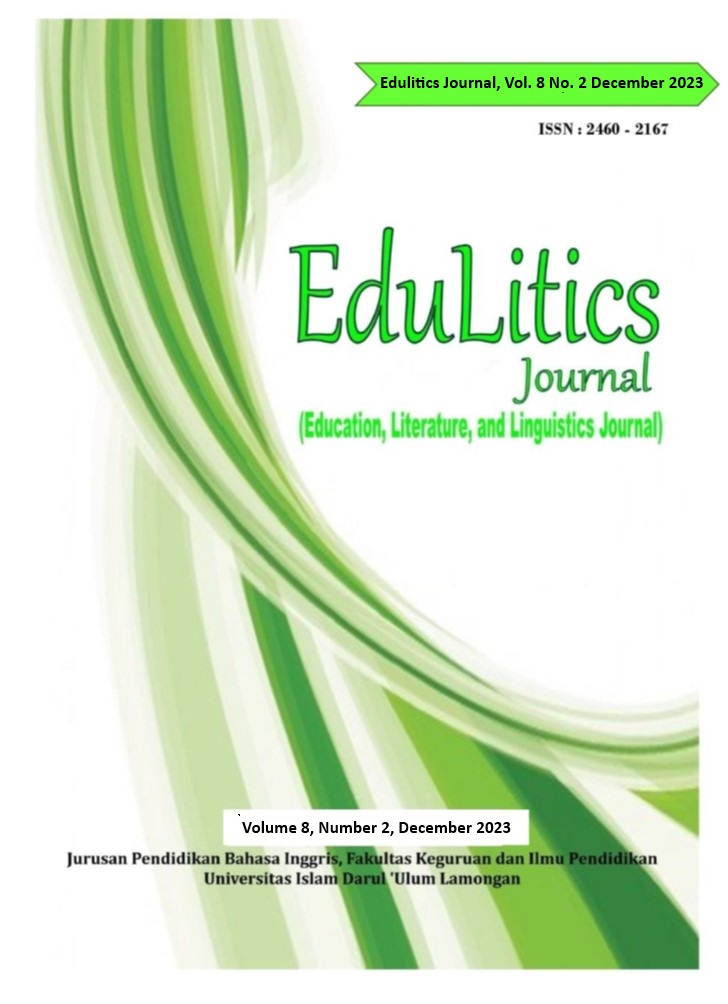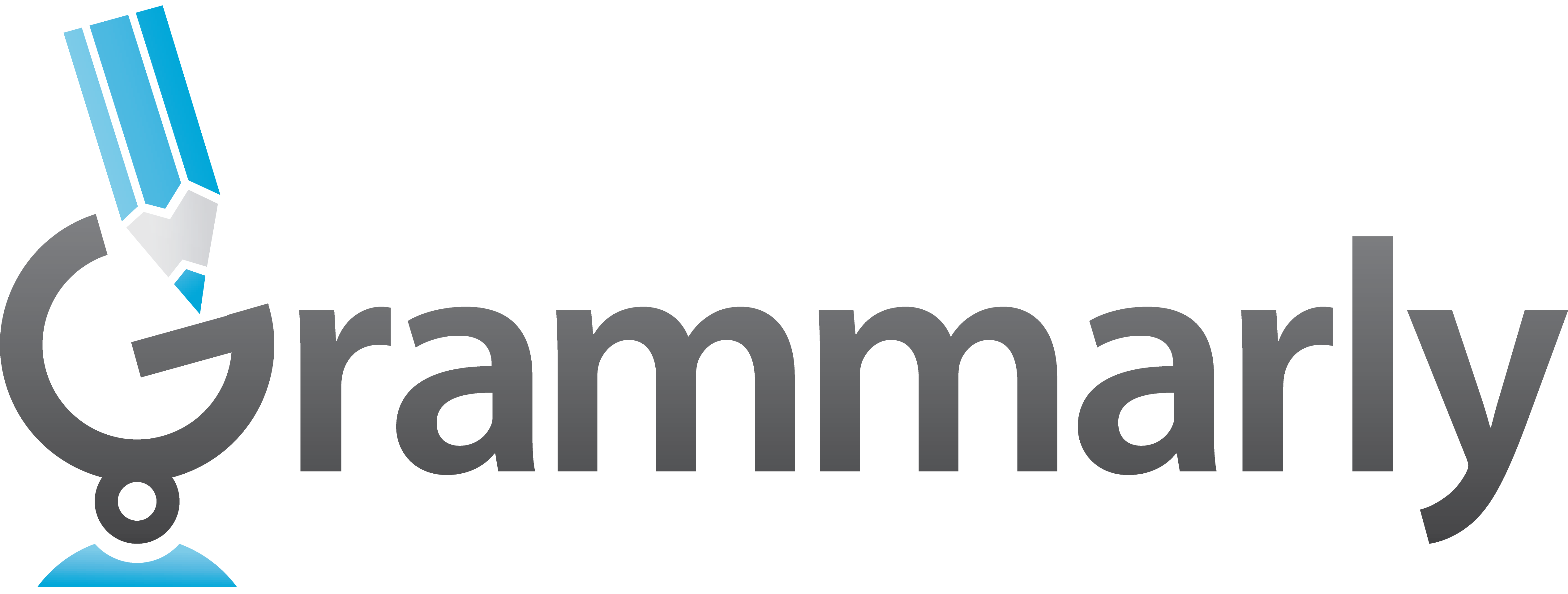Extensive Listening: Indonesian Teacher Educators’ and Student Teachers’ Perspectives and Experiences in Initial Teacher Education Context
Abstract
This case study examines teacher educators and student teachers’ experiences and perspectives in East Java, Indonesia, with the aim of investigating Extensive Listening (EL) integration to the Initial Teacher Education (ITE) as a prescribed language curriculum program. Data were collected from semi-structured interviews with the three teacher educators and six student teachers. The results revealed variations in how EL programs are practiced among various institutions, underscoring the necessity for a standardized curriculum to incorporate EL into language teaching programs. Teacher educators performed resourcefulness by creatively using online resources to compensate for the absence of formal EL training. The independent listening practices of student teachers emphasizing the importance of authentic materials that align with their personal interests, using technology to promote self-directed learning. This research serves as an initial exploration of the potential of EL in the ITE context in Indonesia. Both teacher educators and student teachers hold crucial roles in driving curriculum innovation by advocating for the acknowledgment and inclusion of EL within the language curriculum.
Downloads
References
Brown, D. (2009). Why and how textbooks should encourage extensive reading. ELT Journal, 63(3), 238–245. https://doi.org/10.1093/elt/ccn041
Chang, A., Millett, S., & Renandya, W. A. (2019). Developing Listening Fluency through Supported Extensive Listening Practice. RELC Journal, 50(3), 422–438. https://doi.org/10.1177/0033688217751468
Creswell, J. W. (2002). Educational Research. In Pearson (4th ed.). Pearson.
Dixon, P. A. (2017). Extensive Listening, Teacher Proficiency and 21st Century Skills: Interview with Dr Willy A. Renandya. RELC Journal, 48(1), 153–158. https://doi.org/10.1177/0033688217695658
Ducker, N. D., & Saunders, J. M. (2014). Extensive listening: Using authentic materials. 383–394.
Giroux, H. A. (1988). Literacy and the Pedagogy of Voice and Political Empowerment. Educational Theory, 38(1), 61–75. https://doi.org/10.1111/j.1741-5446.1988.00061.x
Istiqomah, F. (2020). Enhancing Learner Autonomy in Extensive Listening Class through the Listening Logs. Jurnal Bahasa Lingua Scientia, 12(2), 339. https://doi.org/10.21274/ls.2020.12.2.339-352
Iswahyuni, I., & Gozali, A. (2019). Extensive Listening Class on ELT Students‘ Perspectives. Proceedings of the First International Conference on Advances in Education, Humanities, and Language, ICEL 2019, Malang, Indonesia, 23-24 March 2019. https://doi.org/10.4108/eai.23-3-2019.2284912
Ivone, F. M., & Renandya, W. A. (2019). Extensive Listening and Viewing in ELT. TEFLIN Journal - A Publication on the Teaching and Learning of English, 30(2), 237–256. https://doi.org/10.15639/teflinjournal.v30i2/237-256
Jaelani, A. (2020). The Use of Authentic Materials in EFL Listening Classrooms: Students’ Perspectives. Prosiding, 107–113. http://pkm.uika-bogor.ac.id/index.php/prosiding/index
Lê, Q. T. N., & Polikoff, M. S. (2021). Do English Language Development Curriculum Materials Matter for Students’ English Proficiency? SAGE Open, 11(3), 1–15. https://doi.org/10.1177/21582440211035770
Mayora, C. A. (2017). Extensive Listening in a Colombian University: Process, Product, and Perceptions. HOW, 24(1), 101–121. https://doi.org/10.19183/how.24.1.311
Mir, N. A., & Sultana, A. S. (2016). An Interdependence of Materials, Teaching Practices & Policy: A Study. Theory and Practice in Language Studies, 6(5), 907–918. https://doi.org/10.17507/tpls.0605.01
Nugroho, D. Y. (2020). EAP Students’ Perceptions of Extensive Listening. Metathesis: Journal of English Language, Literature, and Teaching, 4(1), 95–106. https://doi.org/10.31002/metathesis.v4i1.2296
Oder, T. (2014). English language teachers’ perceptions of professional teaching. Teacher Development, 18(4), 482–494. https://doi.org/10.1080/13664530.2014.953253
Permadi, M. B., Sholihah, F. A., & Umamah, A. (2017). Extensive Listening: Listen to the EFL Teacher’s Voices. International Seminar on Language, Education and Culture, 195–202.
Renandya, W. A., & Farrell, T. S. C. (2011). “Teacher, the tape is too fast!” Extensive listening in ELT. ELT Journal, 65(1), 52–59. https://doi.org/10.1093/elt/ccq015
Renandya, W. A., & Hu, G. (2018). L2 Listening in China: An Examination of Current Practice. In International Perspectives on Teaching the Four Skills in ELT (pp. 37–50). Springer International Publishing. https://doi.org/10.1007/978-3-319-63444-9_3
Renandya, W. A., & Jacobs, G. M. (2016). Extensive Reading and Listening in the L2 Classroom (pp. 97–110). https://doi.org/10.1007/978-3-319-38834-2_8
Richards, K. (2003). Qualitative Inquiry in TESOL. Palgrave Macmillan UK.
Rozak, R. R., Saleh, M., Bhar, Linggarati, D. A., & Sutopo, D. (2019). Reading While Listening (RWL) in an Extensive Listening Course to Reduce Student Teachers’ Foreign Language Listening Anxiety (FLLA). KnE Social Sciences, 3(10), 349. https://doi.org/10.18502/kss.v3i10.3916
Sejdiu, S. (2017). Are Listening Skills Best Enhanced Through the Use of Multimedia Technology? Digital Education Review, 60–72. http://greav.ub.edu/der/
Takaesu, A. (2014). TED Talks as an Extensive Listening Resource for EAP Students. Language Education in Asia, 4(2), 150–162. https://doi.org/10.5746/leia/13/v4/i2/a05/takaesu
Todea, L., & Demarcsek, R. (2017). Needs analysis for language course design. A case study for engineering and business students. IOP Conference Series: Materials Science and Engineering, 200, 012064. https://doi.org/10.1088/1757-899X/200/1/012064
Widodo, H. P., & Cirocki, A. (2015). Video-mediated listening tasks in the EAL classroom: a sociopragmatic perspective. The Asian EFL Journal, 81, 62–90.

This work is licensed under a Creative Commons Attribution-ShareAlike 4.0 International License.
Authors retain copyright and grant the journal the right of first publication with the work simultaneously licensed under a Creative Commons Attribution-ShareAlike 4.0 International License that allows others to share the work with an acknowledgment of the work's authorship and initial publication in this journal.
Authors are able to enter into separate, additional contractual arrangements for the non-exclusive distribution of the journal's published version of the work (e.g., post it to an institutional repository or publish it in a book), with an acknowledgment of its initial publication in this journal.
Authors are permitted and encouraged to post their work online (e.g., in institutional repositories or on their website) before and during the submission process, as it can lead to productive exchanges and earlier and greater citation of published work.






_(1).png)


